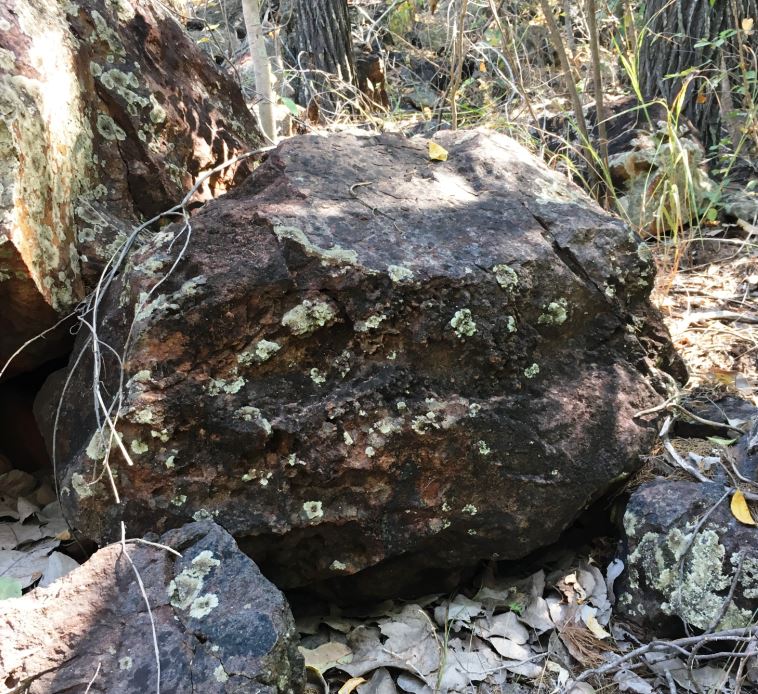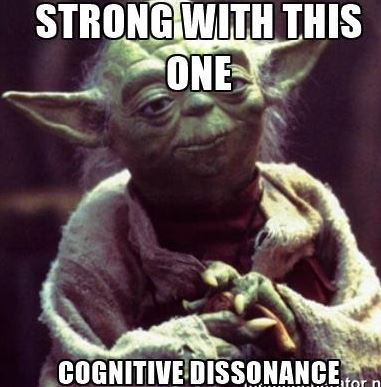“Do. Or do not. There is no try” – Yoda
“If you want to be successful in a particular field, perseverance is one of the key qualities.” – George Lucas
Resolutions
Every year without fail I make New Years Resolutions which never stick. This is a tradition of a mine along with millions of other people. Some of my resolutions include goals such as “learn a new language” or “learn to play the guitar” or “train for and run a marathon this year”. These are defaults which always false start. I set the bar higher; exercise more, eat better, cut out sugar, train more rigorously and the list goes on.
Last year I wrote a list of goals and set targets around them. By the second week, as usual, I’ve slipped or not even started on my resolutions. One year later I went back to that list and realized that I had only met one of five personal goals I had set for myself. Perhaps I had set the bar too high.
I could say there were other noteworthy achievements which I had achieved but which were not on the list. Life still happens and goals change are all excuses. Having resolve is also important if we want resolutions to stick.
“Write it on your heart that every day is the best day in the year.” – Ralph Waldo Emerson
Clean Slate
We are not alone if we tend to view the New Year as a clean slate with which to start a new beginning. Ever wonder why we are bombarded with advertising from companies trying to sell diets, nicotine gum, personal training and gym equipment? Ever wonder why the local gym puts on early starter membership deals to entice people to sign up? Marketing people are not stupid. People grab at a new lease of life in the New Year.
Some of us want to change how we look and feel. We decide we want to improve ourselves through study or training. On reflection we decide we want to spend more time with our family and friends. Things that matter to us stick out. Some of us decide to change our jobs or start a new career. We all seek change.
The trouble is that most of these resolutions falter before the first steps are taken and we abandon them. Why do most people fail to stick to their resolutions? They fail within days or weeks because any meaningful change worth making requires effort.
Did you make a resolution on 31 December? Where is it now?
Momentum
The inescapable fact of New Years resolutions is that they rely on momentum, desire and self efficacy to achieve. People generally only stick to goals that are easy to accomplish or derive a quick and pleasurable outcome. Goals that propagate themselves work best.
Resolutions that require dropping a pleasurable habit tend to be less successful. This includes pleasures that may cause harm such as smoking or drinking. Resolutions that also require a substantial investment of time, money and energy in to something challenging but potentially rewarding in the long term also tend to slip. We also suffer from cognitive dissonance. Our intent is noble but “it’s just too damn hard”. A tug of war rages in our minds between what we ought to do and what we want to do.
One of my recurring resolutions used to be “No more drinking after tonight” and “quit smoking”. I would see in the New Year with beer or champagne (or both) in hand and call in the New Year. Being that I had resolved not to drink ever again after that night I would take it to excess. Why not? It was one last big bender to see out the year and herald in a new and sober one. Naturally my resolution would not last. Within a few days I was off the wagon. Along would come the caveats and the exceptions before long the resolution was forgotten and I would decide to try again at a later date.
“There is no scarcity of opportunity to make a living at what you love; there’s only scarcity of resolve to make it happen” – Wayne Dyer
Effort and Excuses
I was missing two important points every new year. Firstly, one does not need a particular day to do anything that they can do now. Picking New Year to do something is somewhat of a cliché and not only that we secretly know it. Most people are cynical of the merits of New Years resolutions let alone resolutions at any other time.
Secondly, making a decision to change is not a passive exercise. If we decide to quit drinking or cigarettes we act that out by refusing to drink alcohol or smoke. A decision to start exercising means exercise, not more procrastinating and waiting for the right opportunity. Points one and two are excuses and if honest we know that they are poor ones.
When I eventually did quit smoking it was on receiving the news that I was going to be a Father. I could no longer reason a justification for indulging in a habit like smoking if I were to be responsible for another life. I got patches and went on a program to quit and never lit up again.
Alcohol however is a “cunning and subtle foe”. We can easily reason that moderation in drinking is reasonable and possibly even healthy, certainly socially acceptable. The problem of course is that moderate alcoholism is an oxymoron. Controlled drinking is a concept that works for some but not for all. A fact most of us readily deny.
“His resolve is not to seem the bravest, but to be.” – Aeschylus
The First Step
It finally took hitting “rock bottom” for me to finally come to the realization of my problem. Surrendering my will to a Higher Power broke the delusion completely. There were no resolutions, no specific start date and no “taking an oath” or “swearing off”. I simply turned over my problems to the Force and let it go. All I had to do was surrender control and admit I had made my life a mess.
By turning my life over I was given the power to start living a new life “one day at a time”. Action started that moment on a day in September. It continued every day. I saw the New Year in sober and have since seen five more. God willing this tradition will continue till I die. I found my Resolve.
“Wise to resolve, and patient to perform” – Homer
Jedi Resolve
Being sober on a daily basis is a conscious decision. I get up in the morning and resolve not to drink that day. I also resolve to be Jedi as I define it. “Jedi Resolve” extends to everything I do. Once a decision is made steps are put in place to lay the foundations for the practice. Making a decision to do or be something is not a once a year exercise, it is conscious and daily process. Done often enough it becomes automatic and a part of us. Habits form. We feel better for it and eventually we miss it if we stop for any reason.
Want to learn a new language? Start today. Want to play the guitar? Pick one up. Resolve to eat better? Start making healthy choices. Decided to start exercising? Put on your shoes and start moving. It’s as easy as that. Just keep doing it until it becomes a priority over the alternative. With the right intent and the right effort, you have Jedi Resolve. Outcomes are largely out of our control. What is in our control is our resolve.
On Day at a Time
Facilitating and forcing new behaviors helps in forming habits. Plan, set and commit to a routine, involve other people and set daily goals. Take a one day at a time approach but resolve to do it. Alter your environment if needed to facilitate the change. Remember to reward your efforts and celebrate your milestones.
One study found that 71% of people who succeeded in achieving their resolutions slipped in the first month. Lack of self control, discipline and will power led to the early slip. The good news is that the respondents did not quit and realized their goals. They absorbed the slip and kept going until their efforts paid off. If we fall off the bike while learning to ride, we brush ourselves off and get back on.
This year I made no New Years Resolutions. I’ve realized that if we want change in our lives that is worth having we must simply do the work to make that change. Why wait until the New Year if we can do it anytime? And what better time is there than now.
“You have to find something that you love enough to jump over hurdles and break through the brick walls.” – George Lucas







